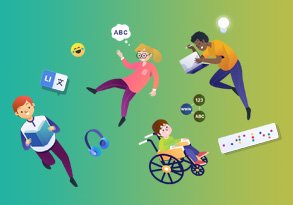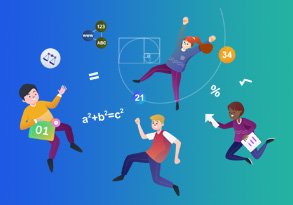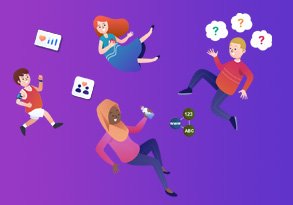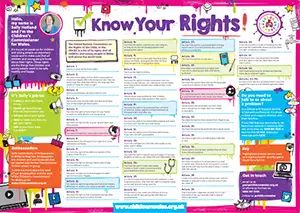Our curriculum
The Curriculum for Wales
The Curriculum for Wales guidance aims to help each school develop its own curriculum, enabling their learners to develop towards the four purposes of the curriculum – the starting point and aspiration for every child and young person in Wales.
The curriculum for wales website
The Curriculum for Wales website contains information about our new curriculum. Click the link below to visit.
Our Vision
Through inclusion, respect and resilience we will become better people and successful lifelong learners who participate in and contribute to the global world and practise the core values of the school – Live to Learn… Learn to Live.
Our learners will develop confidence in their identities as they explore, demonstrate, make decisions and value skills and knowledge that will support them to be creative, ethical, capable and informed citizens of their communities and the wider world.

Our Values
In partnership with our wider community, we strive to provide the environment and opportunities to maximise the progress of all our pupils. At Pontarddulais Comprehensive school, our stones of success highlight the values we instil in all of our pupils. They are the inspiration that drives the school’s improvement and makes it an inspiring place to learn, work and study.
We strive to create a learning environment where all pupils feel that they are an integral part of the school community, who contribute confidently to their own learning and that of others. In order to embrace learning successfully, we need to our pupils to be Ready, Respectful, and Safe. Ready, Respectful, and Safe underpins the school’s values with the expectation that:
- Ready – Are pupils ready to learn with the correct equipment and a positive growth mindset?
- Respectful – does their behaviour display respect to themselves and others around them?
- Safe – Are pupils behaving safely, in and around the school?
Our inclusive curriculum
Our curriculum will raise the aspirations for all learners. As a school we have considered how all learners will be supported to realise the four purposes and to progress. We have considered our ALN provision and how we will meet the needs of different groups of learners. To learn more about our ALN provision please click the link here.
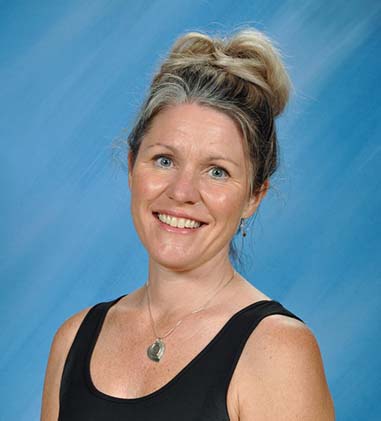
Mrs B Holland
ALN Coordinator
The four purposes
The four purposes are the shared vision and aspiration for every child and young person. In fulfilling these, we set high expectations for all, promote individual and national well-being, tackle ignorance and misinformation, and encourage critical and civic engagement.
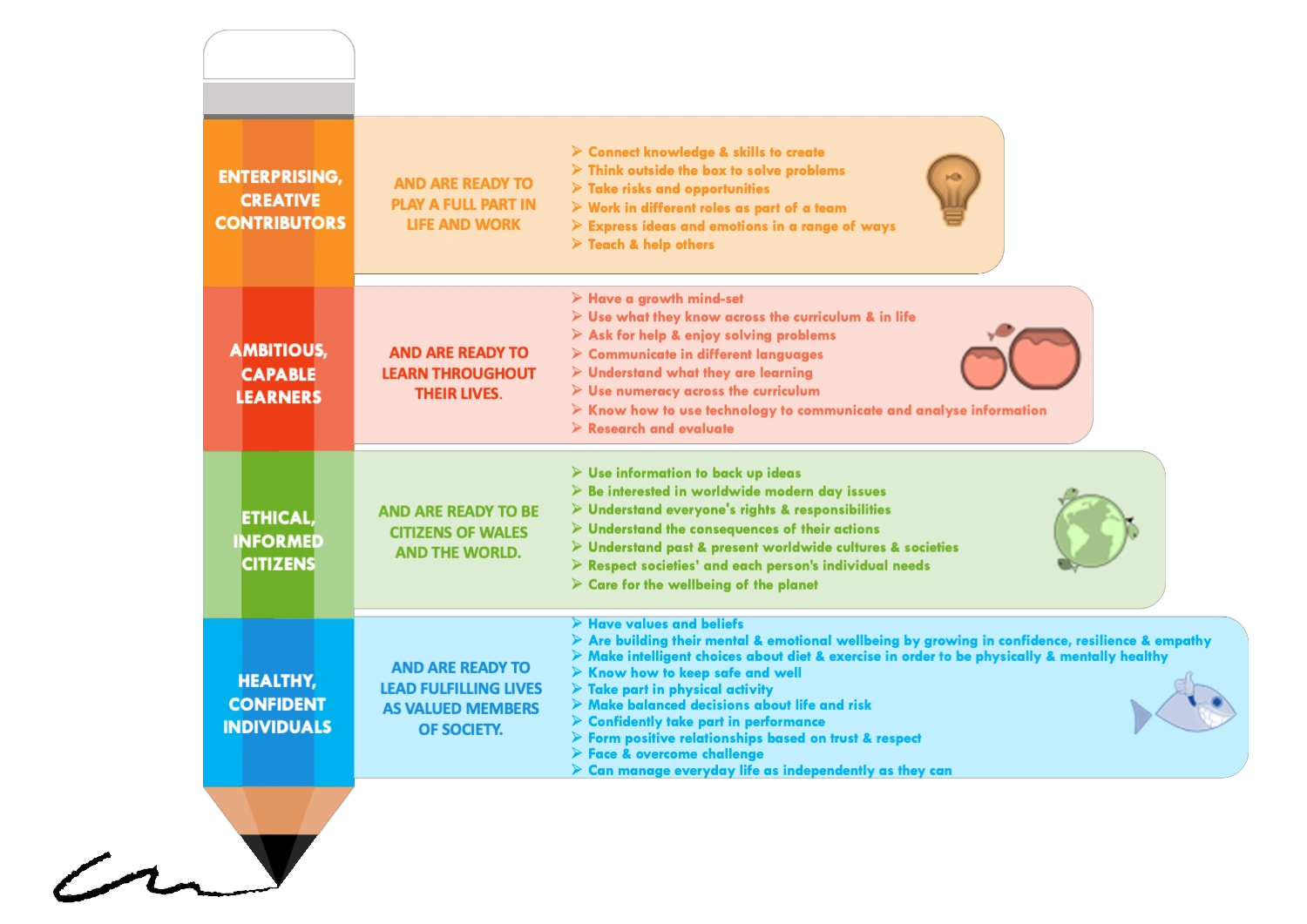
The Statements of What Matters
Our curriculum will provide opportunities and experience to develop the key concepts, knowledge and skills as described in the statements of what matters and in line with the statements of what matters code.
Statements of what matters can be thought of as the ‘big ideas’ and key principles in each Area. Each Area of Learning will have a number of statements which feed into our Descriptions of learning. These outline how learners should make progress within each statement of what matters.
In total, there are 27 mandatory statements of what matters in this Framework. These ensure our pupils receive a broad and balanced curriculum. The process of exploring and revisiting these statements enables pupils to develop ever deeper knowledge over the learning continuum and to progress to a more sophisticated understanding of the key knowledge, ideas and principles in each Area.
Areas of Learning and Experience
Our curriculum will provide learning experiences throughout the Areas of Learning.
The new curriculum framework features overarching topics in the form of: an Introduction; Summary of Legislation; Designing your Curriculum, and Supporting learner progression: Assessment.
Each AoLE comprises:
- An explanation of how it supports the four purposes.
- ‘What Matters’ statements and rationales – which provide the foundation for learning in the Area, and set out the ‘big ideas’ that underpin it.
- Principles of Progression which set out how learners should make progress, and contribute to the Four Purposes
- Descriptions of Learning – which articulate the essence of learning in the Area across the five progression steps
Languages, Literacy and Communication
Expressive Arts
Science and Technology
Humanities
Maths and Numeracy
Health and Wellbeing
Learning, progression and assessment
Our curriculum will support learning through designing learning opportunities that draw upon the pedagogical principles.
Our curriculum, supported by effective teaching and learning enables learners to make meaningful progress. Over time our learners will develop and improve their skills and knowledge. Our curriculum focusses on understanding what it means to make progress in a given Area of discipline and how learners should deepen and broaden their knowledge and understanding, skills and capacities and attributes and dispositions and is informed by the progression code. This in turn supports our approach to assessment, the purpose of which is to informed planning for future learning. Assessment will be embedded as an intrinsic part of learning and teaching. All learners will be assessed on entry to the school.
Welsh and English
As an English medium school learning will take place in Welsh and English.
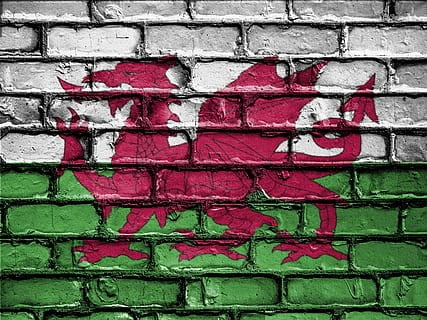
Cross-curricular skills
Our curriculum will develop the mandatory cross curriculum skills of literacy, numeracy and digital competence. Our curriculum will enable learners to develop competence and capability in these skills and to extend and apply them across all Areas. Learners will be given opportunities around the curriculum to:
- Develop listening, reading, speaking and writing skills
- Be able to use numbers and solve problems in real-life situations
- Be confident users of a range of technologies to help them function and communicate effectively and make sense of the world.
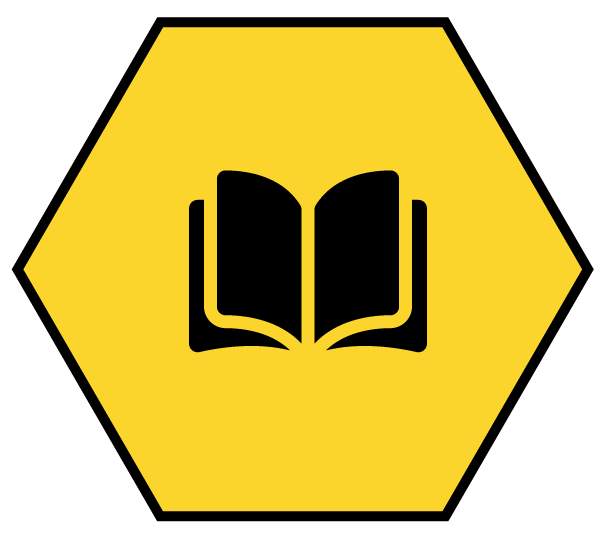
Literacy
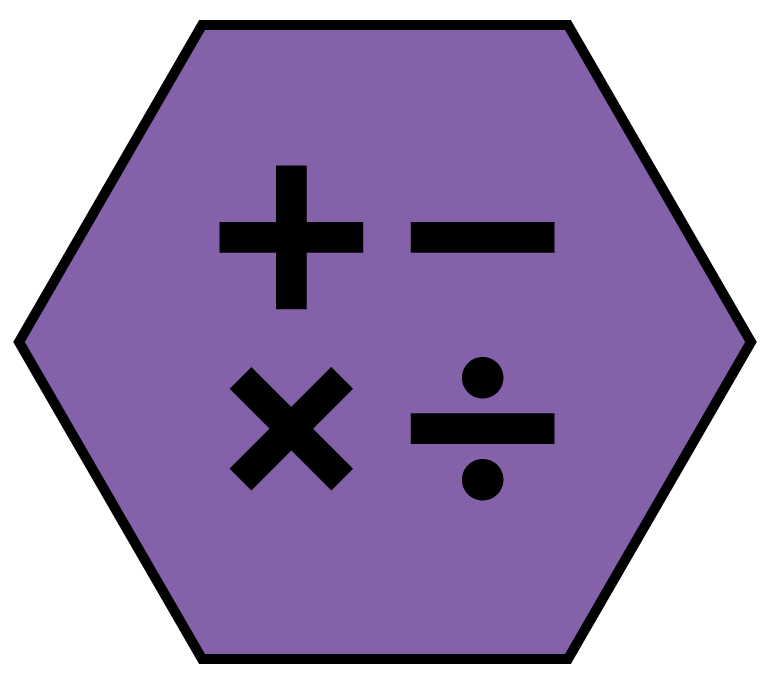
Numeracy

Digital Competence
The skills frameworks have been embedded into subjects within our school. You can find out more information about the frameworks by clicking the links below.
Careers and work-related experiences
Our curriculum will incorporate careers and work related experiences for all of our learners.
For more information visir our careers page here.
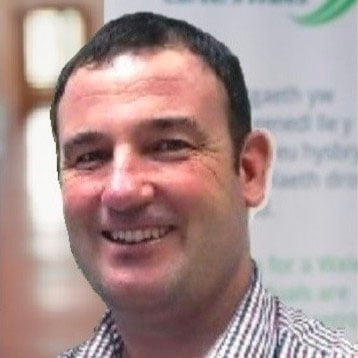
Rhys Davies
Careers Advisor
Relationships and sexuality education (RSE)
Our school curriculum embraces the guidance the RSE Code. Our RSE provision will have a positive and empowering role in our learners’ education and will play a vital role in supporting them to realise the four purposes as part of a whole-school approach.
Helping learners to form and maintain a range of relationships, all based on mutual trust and respect, is the foundation of RSE. These relationships are critical to the development of emotional well-bring, resilience and empathy.
Religion, Values and Ethics (RVE)
Religion, values, and ethics, is a statutory requirement for the curriculum for Wales and is mandatory for all learners from ages 3 to 16. There is no parental right to request that a child is withdrawn from RVE in the curriculum for Wales.
As RVE is a locally determined subject, the agreed syllabus specifies what should be taught in RVE within the local authority and our curriculum will reflect this guidance.
United Nations Convention on the Rights of the Child /Convention on the Rights of Persons with Disabilities
Our school will promote knowledge and understanding of part 1 of the UNCRC and of the UNCRPD, amount those who provide teaching and learning. Our pupils are able to access their key Rights of:
Learning – (Articles 13, 28 and 29 UNCRC)
Being Heard – (Article 12, and 30 UNCRC)
Feeling Safe – (Articles 3, 19 and 36 UNCRC)
Feeling Valued – (Articles 3, 12 and 13 UNCRC)
Click on the image for a full poster with more information.

Review and Refinement
Our school curriculum will be kept under review in order to respond to the outputs of professional inquiry, the changing needs of the learners and social contexts and needs. The reviews will take into account the views of stakeholders and will be signed off by the Governing Body. We will publish a summary of our curriculum and revise the summery if changes to the curriculum are made during the review process.

